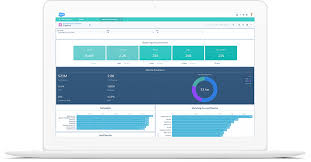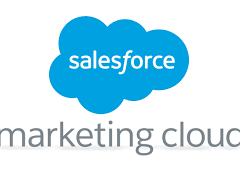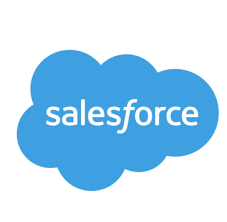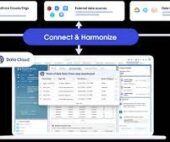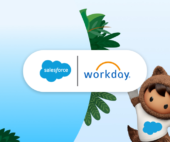This insight was authored prior to the rebranding of Pardot to Marketing Cloud Account Engagement. You can find more details about this name change and its implications here. Connecting Pardot, Marketing Cloud, and Salesforce.
A common inquiry we often encounter from clients is: “Should I opt for Salesforce Marketing Cloud or Pardot (Marketing Cloud Account Engagement)?”. This query may appear peculiar since Pardot is typically acknowledged as the go-to B2B solution, while Salesforce Marketing Cloud is favored for B2C endeavors.
The conventional wisdom suggests that businesses select one of these platforms based on their organizational setup and target demographic.
However, our perspective at Tectonic diverges from this norm. Depending on your primary marketing channels, it can be highly effective for any business to utilize both platforms!
Connecting Pardot, Marketing Cloud, and Salesforce
Allow me to explain. Pardot excels in automated email marketing, lead capture via forms and landing pages, and engagement tracking through scoring and grading mechanisms. Moreover, it boasts unparalleled integration with Salesforce.
Yet, there are instances where marketers require an additional channel to strategically retarget accounts or re-engage with prospects who may have disengaged from email communication.
Advertising Studio
This is where Marketing Cloud’s Advertising Studio module becomes invaluable. Leveraging Salesforce’s architecture, you can craft a seamless experience for your audience.
The system architecture integrating Pardot for data entry and automated email marketing, Sales Cloud as the CRM and database of record, and Marketing Cloud Connect as the mechanism for triggering targeted ads.
Automated Processes
The process initiates in Pardot upon record creation or update. Subsequently, a prospect may enter a Pardot Engagement Studio, trigger an Automation Rule, or prompt a Completion Action.
With seamless Sales Cloud integration, the contact record update synchronizes with the CRM, generating or updating a specific Salesforce Report for an Audience.
The Marketing Cloud Connector facilitates this activity to trigger an automation in the Marketing Cloud Automation Studio, importing the contact record into a Data Extension. This Data Extension serves as the source for an Audience set up in Advertising Studio, enabling advertising campaigns across digital channels such as Facebook, Google, and LinkedIn.
This is just one example of the seamless integration within the Salesforce suite of marketing products!
From a user perspective, the familiarity in the look and feel of each platform empowers teams to craft sophisticated journeys without being confined to a single platform. Whether one focus on B2B and the other B2C, or one on prospecting and one on customer communications, there is a time and a place to use both.
Connecting Pardot, Marketing Cloud, and Salesforce Together?
When is it appropriate to leverage both platforms? Utilizing both Salesforce Marketing Cloud and Marketing Cloud Account Engagement, formerly Pardot, is most suitable for businesses that:
- Utilize Sales Cloud as their CRM of choice.
- Run, or aspire to run, regular digital advertising campaigns targeting known prospects.
- Maintain active social media presence.
- Possess the marketing budget to invest in all three Salesforce solutions.
The pricing structure of Marketing Cloud, based on the Studios (features) you require access to, ensures businesses pay a flexible premium tailored to their needs.
In this insight, Advertising Studio is showcased to illustrate how Pardot and Marketing Cloud can collaborate. However, there are other studios within Marketing Cloud that marketers can leverage for comprehensive marketing campaigns.
Other studios within Marketing Cloud include:
- Social Studio: Assists marketers with social media management, featuring a robust listening function to engage with prospects in Marketing Cloud, update Salesforce fields, and create lists in Pardot.
- Interaction Studio: Empowers real-time personalization of digital experiences. Pardot can drive traffic to your website, while Marketing Cloud tailors content based on real-time interactions.
Intrigued? Consider adopting Salesforce Marketing Cloud and Pardot (Marketing Cloud Account Engagement) in tandem for a comprehensive, multi-channel automated marketing strategy.
The Tectonic team and I are available to assist with Salesforce architecture setup, integration, or serve as an extension of your team to devise effective Marketing Cloud strategies for long-term success. Reach out to us to learn more.
Updated By Tectonic Salesforce Marketing Cloud Solution Architect, Shannan Hearne
Content updated April 2023.

